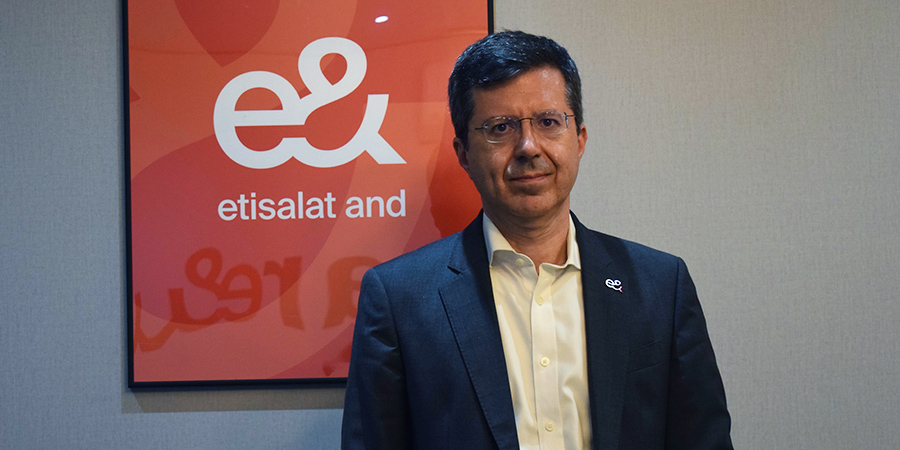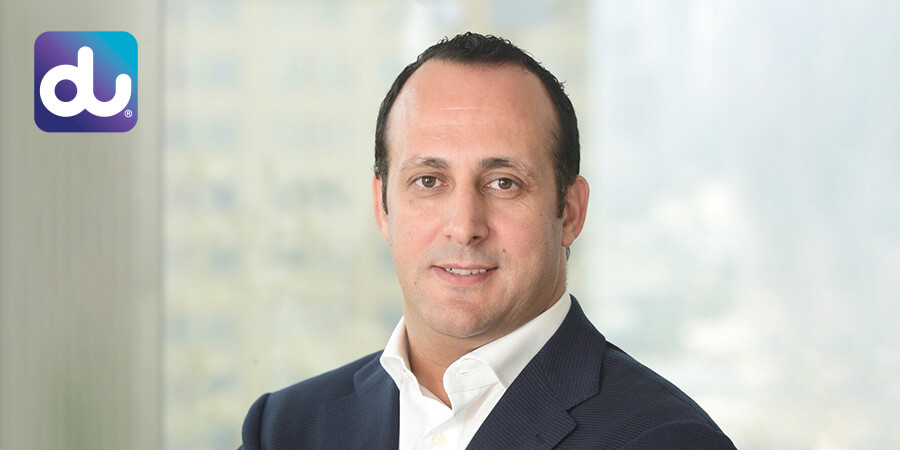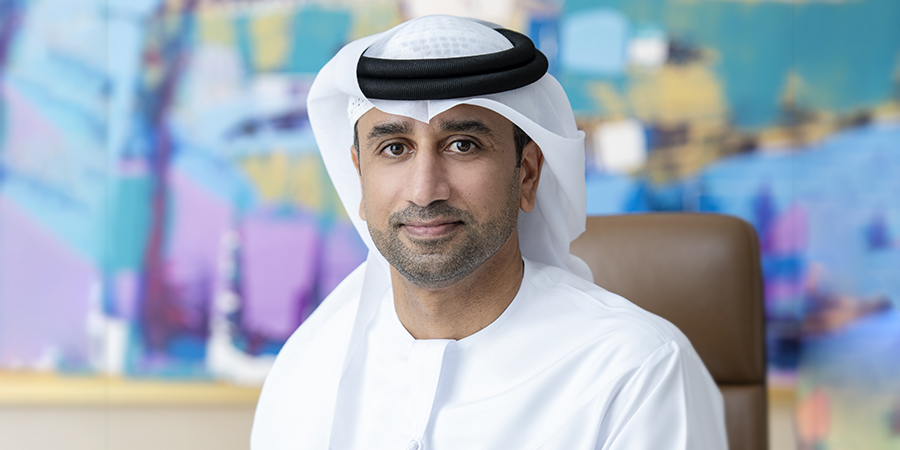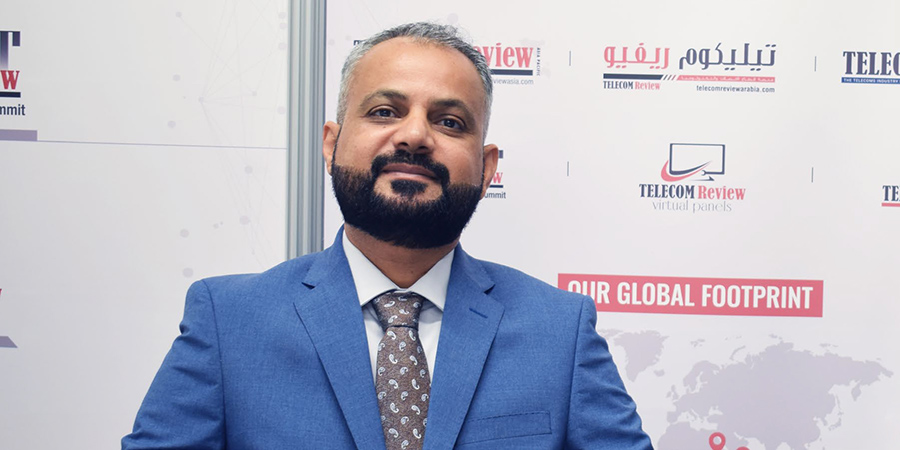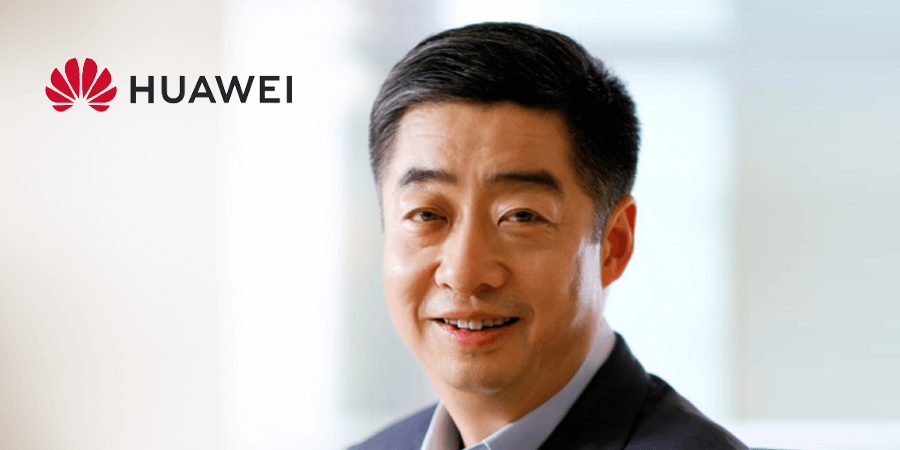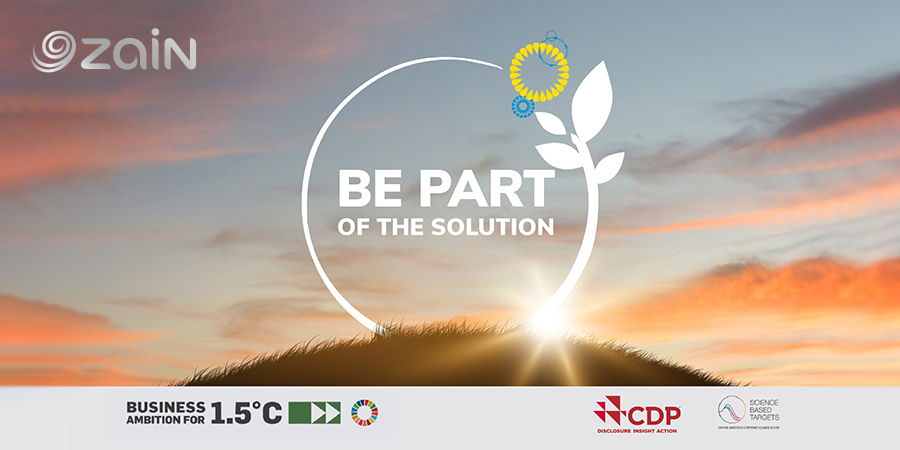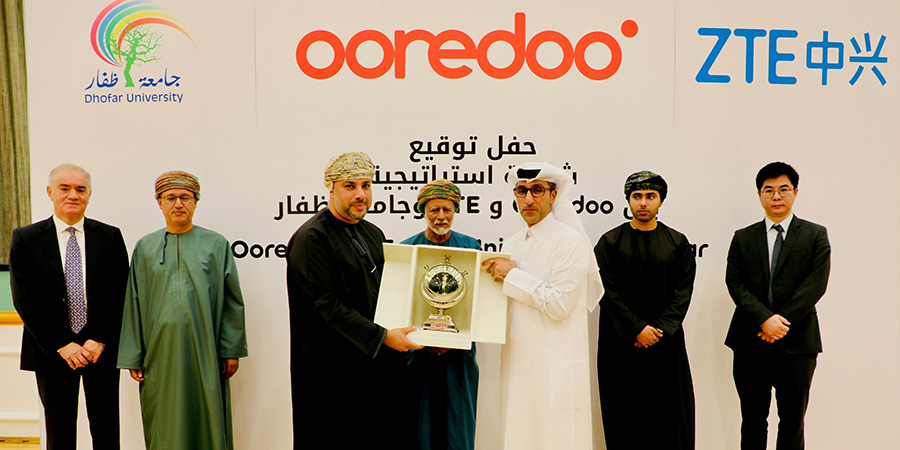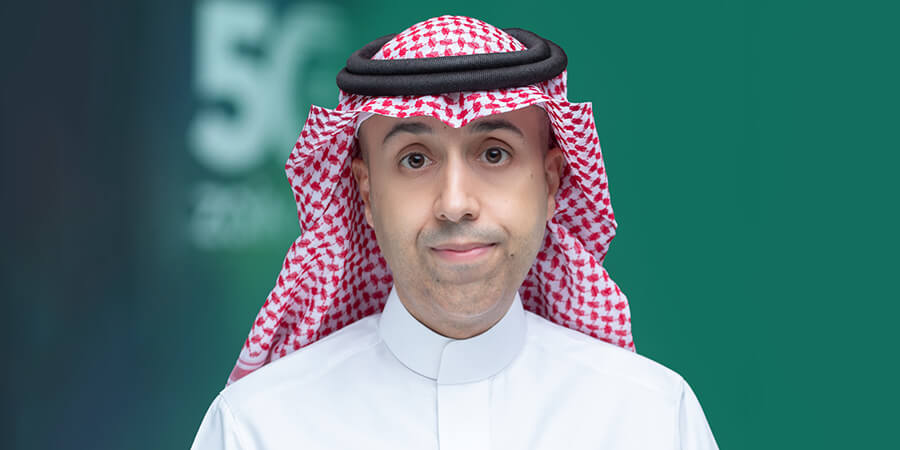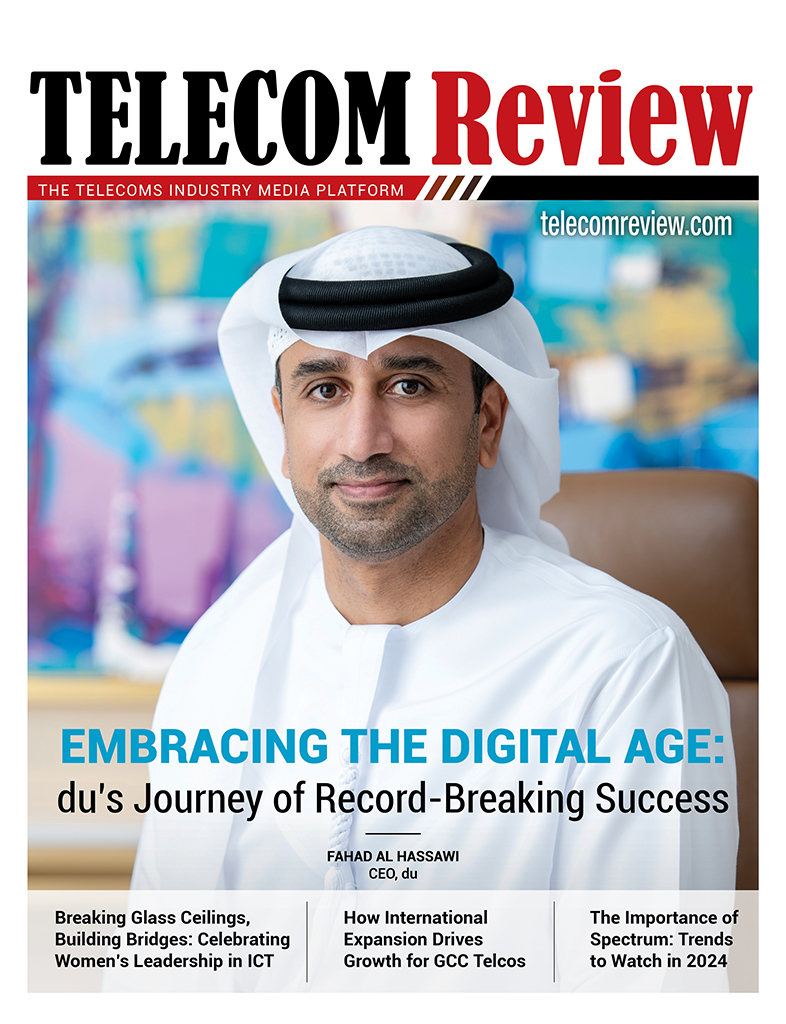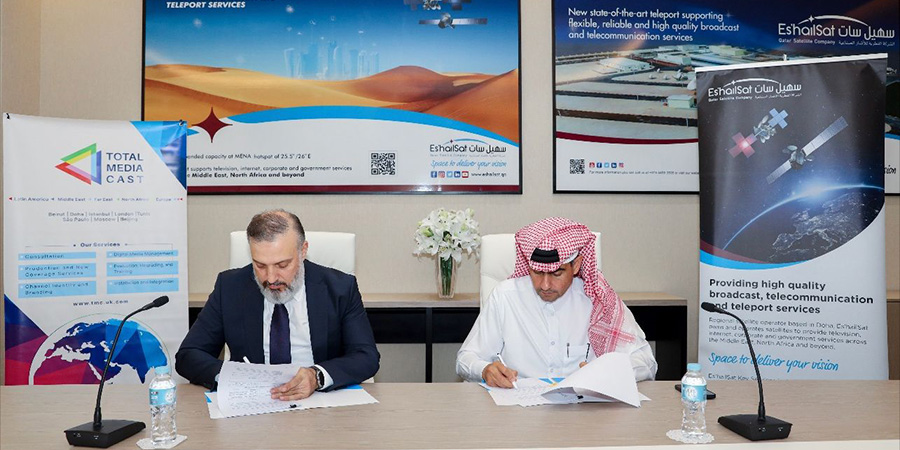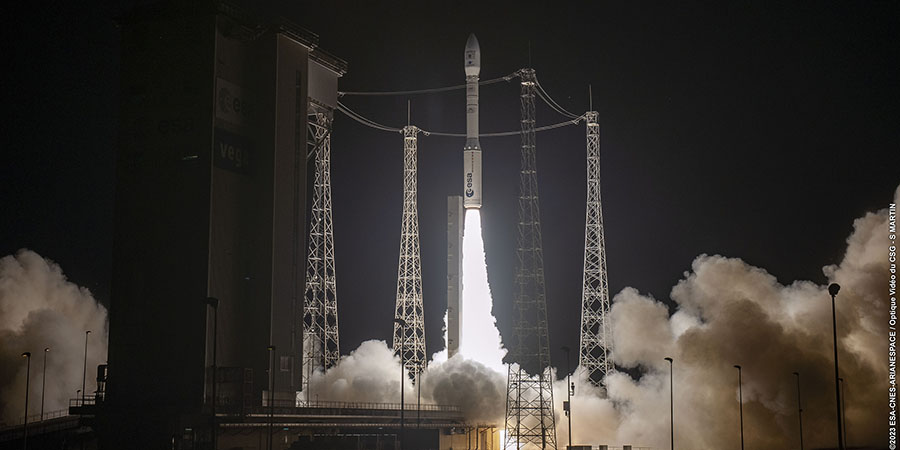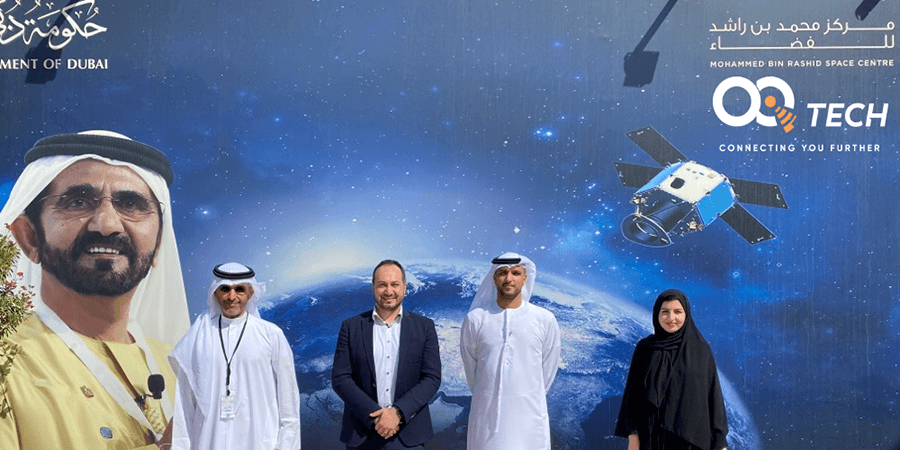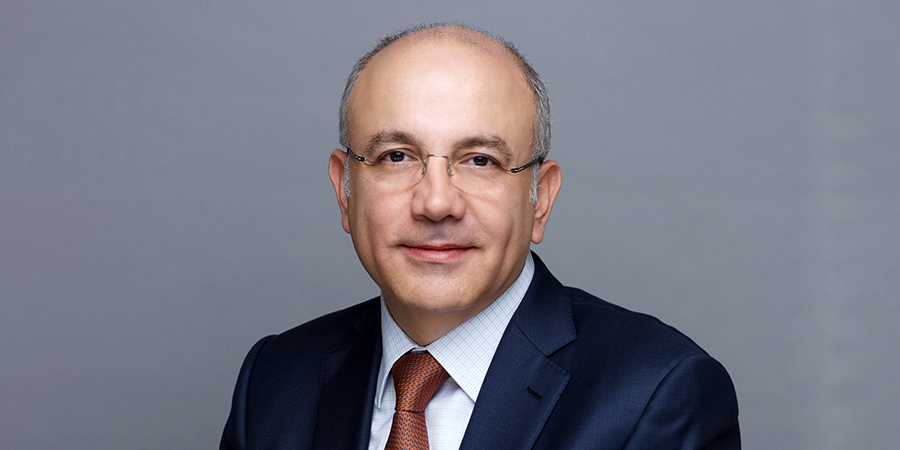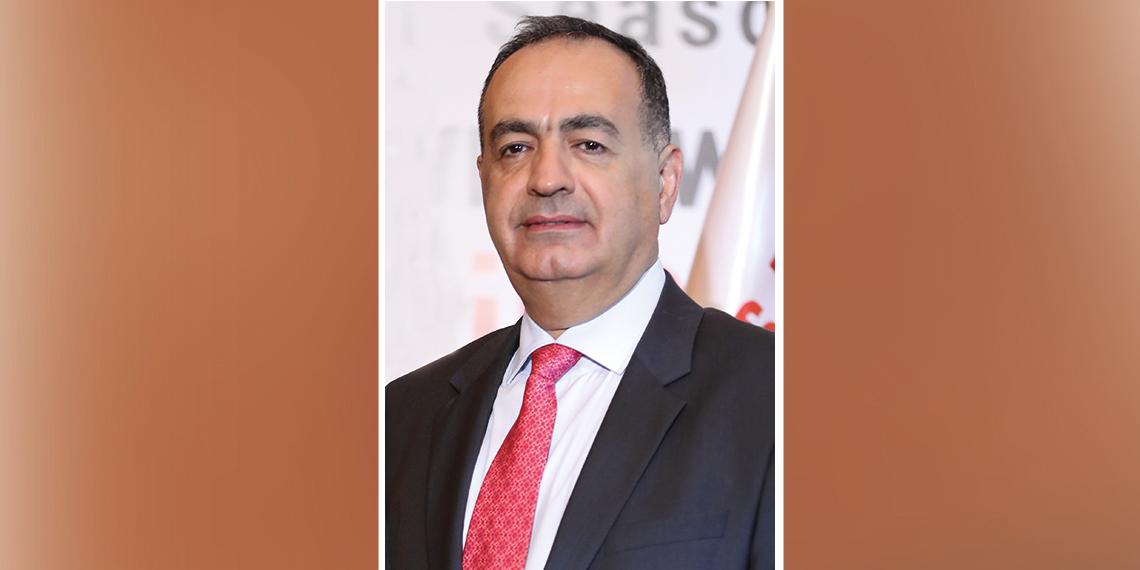WiFi is everywhere, so why not have it when we fly as well? The trend began more than 10 years ago, but timidly, led by just a few airline companies such as Emirates Airlines, Delta Airlines, to name a few.
Now, most companies offer the service: over 35 airlines provide WiFi onboard - some paid, some affordable and some complimentary for frequent travelers (Emirates even offers it for Skywards members).
Connectivity is made via satellite, which creates competition between satellite companies who are then forced to strive for better quality and capacity, and improve connectivity for airlines.
Satellites are delivering enhanced connectivity to the airline industry, but satellite broadband still needs to be improved.
Connectivity exists today, but limited in bandwidth which does not facilitate the required level of functionality that the industry is expecting. In addition, some countries do not allow WiFi connectivity over their territories or their airspace, such as India. Therefore, regulations need to be put in place to ensure full-time flight connectivity.
Airlines are going to invest not only in connectivity bandwidth but also in CAPEX such as installation of equipment on aircraft, onboard devices, ground-based equipment and others.
The crews are also adapting to the use of enhanced broadband and are able to keep connected via electronic devices, and in some cases, better able to answer passengers' questions about connectivity.
The aviation industry is another area that will create opportunities for all involved.



